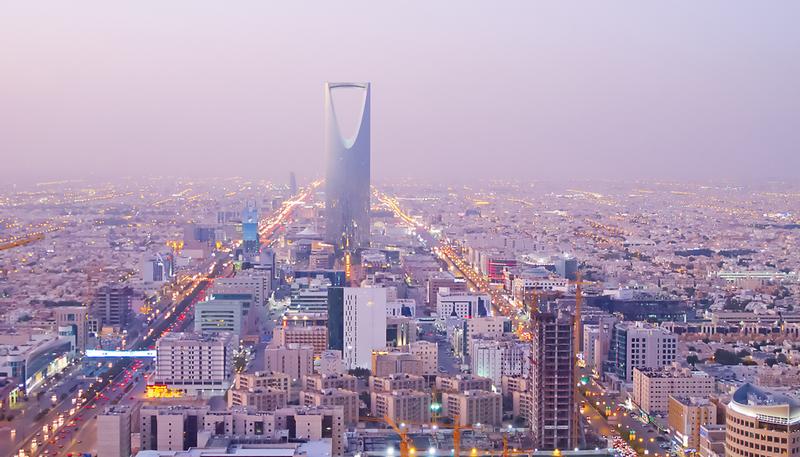
The Emirates NBD Saudi Arabia Purchasing Managers’ Index (PMI) rose to 55.5 in December from 55.0 in November, driving by faster output growth. The output index rose to 63.3 last month from 60.3 in November as nearly 30% of firms surveyed reported higher output compared with November. New order growth was also strong (58.9), although marginally slower than November. Several firms cited new projects in the construction sector as a contributing factor to overall sales growth. The government’s payment of outstanding dues to corporates in November and December likely also supported increased activity in the non-oil sector. Export orders rose at a slightly faster rate in December on improving external demand, according to respondents.
In a challenging macroeconomic environment of lower oil prices and government spending cuts, average selling prices declined marginally in 2016 as firms competed on price to secure new work. However, input costs continued to rise, squeezing margins. Despite the strong growth in activity and sales, employment was broadly unchanged in December. The average employment index in 2016 was 51.2, lower than 52.4 in 2015 and 53.0 in 2014, signaling weaker job growth last year. However, the backlogs of work increased only modestly in 2016, suggesting that there was no shortage of capacity. Firms’ purchasing activity and stock of inventory rose solidly in December suggesting that businesses are expecting demand to continue to improve in the coming months.
While the average PMI in 2016 (54.8) was sharply lower than in 2015 (57.3), the index still points to a solid rate of expansion in the non-oil private sector in Saudi Arabia last year. This may seem surprising given the extent of government spending cuts, the decline in household spending (as indicated by falling point of sale transactions) and tightening liquidity conditions in the banking system for most of 2016. However, crude oil production rose 1.7% last year as the government sought to maximize market share as prices declined. This would have contributed to output growth in the non-oil manufacturing sector, and underpinned the PMI. While conditions are likely to remain challenging in 2017, higher oil prices should alleviate some of the pressure on the budget and boost confidence.
.jpg) Source: Markit, Emirates NBD Research
Source: Markit, Emirates NBD Research